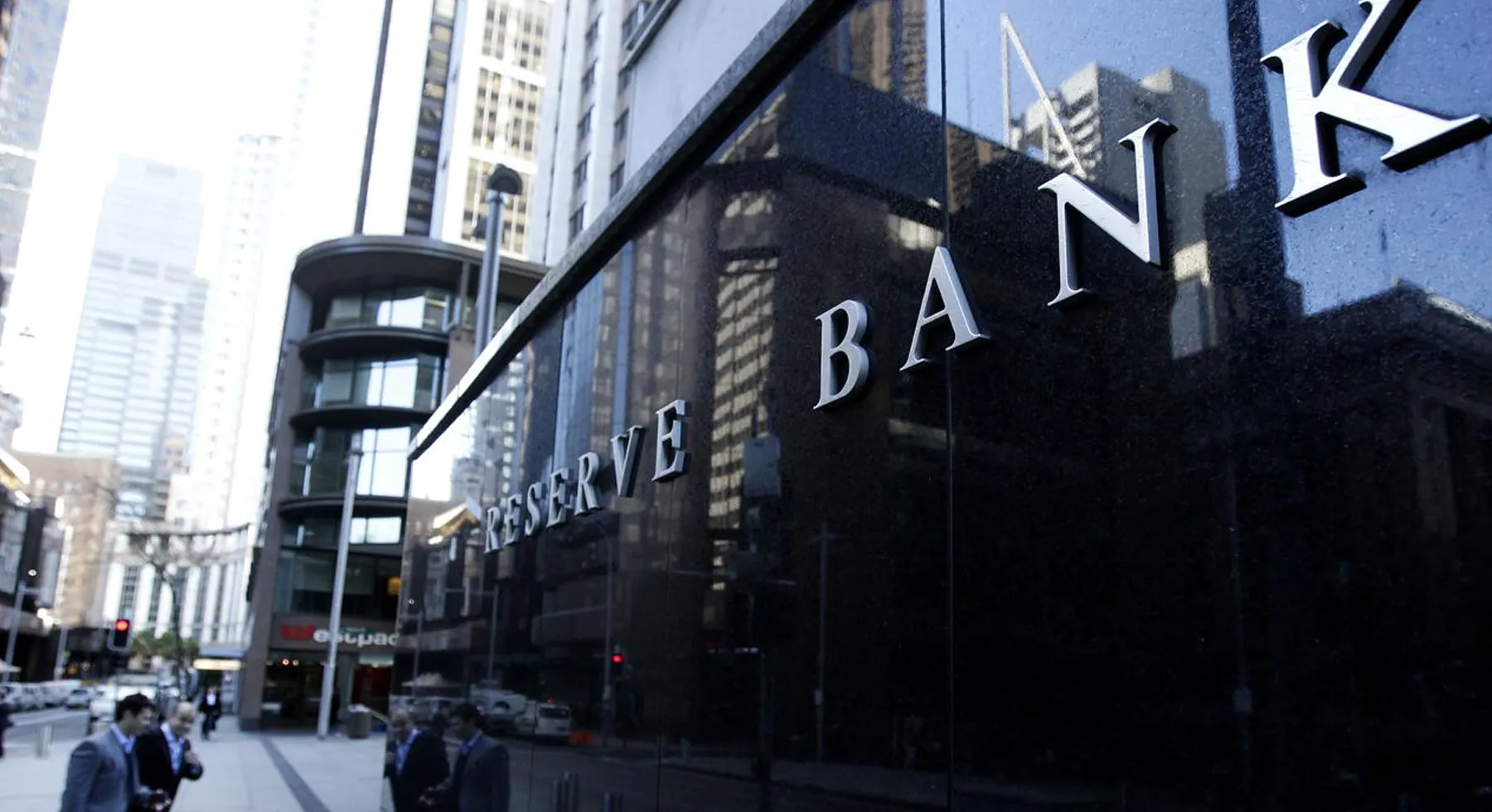As the global economy continued its recovery in October 2021, corporate bonds emerged as a compelling investment option for those seeking stability and steady returns.
With market conditions gradually improving after the pandemic’s economic disruptions, corporate bonds offer both individual and institutional investors a way to diversify portfolios and generate income.
What Are Corporate Bonds?
Corporate bonds are essentially loans that investors make to companies in exchange for regular interest payments and the promise of returning the principal at maturity. These debt securities vary in credit quality, yield, and maturity, which allows investors to choose bonds that align with their specific risk tolerance and financial goals.
Key Benefits of Corporate Bonds
One of the main advantages of corporate bonds is the predictable income they provide, especially during times of economic volatility. With fixed interest rates, they serve as a reliable source of income, even in uncertain market conditions. By including corporate bonds in an investment portfolio, investors can reduce overall risk because bonds typically perform differently than stocks or other asset classes. This diversification can help protect against market fluctuations.
Investors also have access to a broad range of bonds based on the issuing company’s creditworthiness. High-quality, investment-grade bonds tend to offer lower yields but come with reduced risk, while lower-rated bonds, though riskier, may provide higher returns.
Corporate Bonds in the Post-Pandemic Recovery (October 2021)
October 2021 marked a pivotal moment in the global economic recovery, as countries began reopening, and stimulus measures continued to support growth. Yet, challenges such as rising inflation and ongoing supply chain disruptions remained prevalent, influencing market sentiment. In this environment, corporate bonds became an attractive investment choice, enabling investors to benefit from potential corporate growth while managing risk.
With historically low interest rates still in place, many companies issued bonds to take advantage of the opportunity to raise capital at favorable terms. Investors could lock in attractive yields, particularly in a time when other fixed-income instruments might not offer comparable returns.
Expert Insights on Corporate Bond Investments
“Given the current economic climate, corporate bonds are an excellent way to generate stable returns,” explained Harry Thompson, Senior Financial Adviser. “While inflation concerns and supply chain issues create uncertainty, many companies are well-positioned to meet their debt obligations, making corporate bonds a solid choice for those seeking both security and income.”
For investors, evaluating the credit quality of bonds is crucial. Companies with strong fundamentals and robust earnings recovery are more likely to weather economic volatility, making their bonds a safer investment.
How to Invest in Corporate Bonds
Investing in corporate bonds is relatively simple. Investors can open a brokerage account, research available bonds, and place orders according to their strategy. Monitoring the credit quality of the bonds and keeping an eye on market conditions will also help investors manage their risk.
As the world continued to recover from the pandemic, corporate bonds represented a viable strategy for investors seeking stable returns and portfolio diversification. “In an uncertain environment, corporate bonds provide both security and the potential for appealing returns,” concluded Thompson.
Conclusion
In 2021, as economies emerged from the pandemic, corporate bonds became a key opportunity for investors looking to strike a balance between growth potential and risk management. With their fixed income and diversification benefits, they remain an attractive option for those aiming to enhance their financial portfolios while navigating a post-pandemic world.




